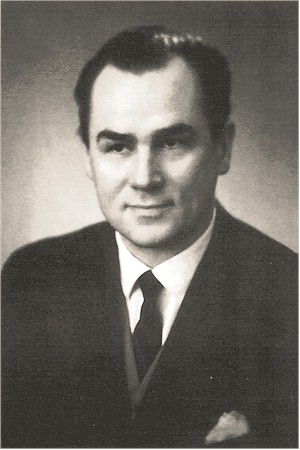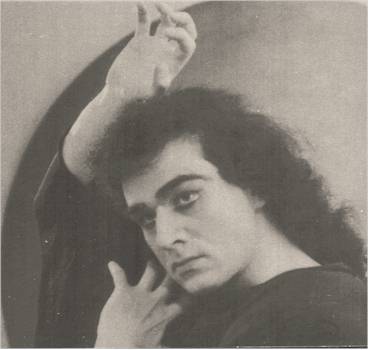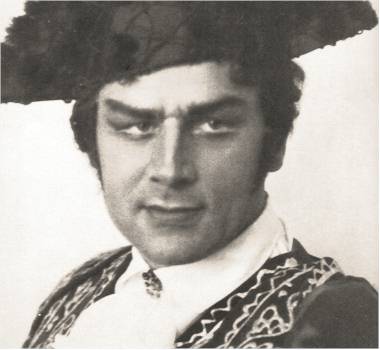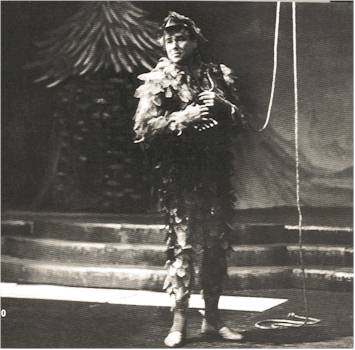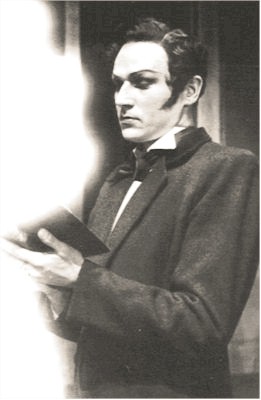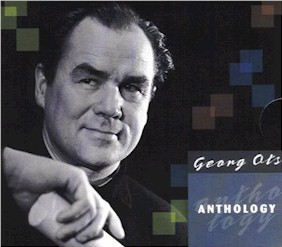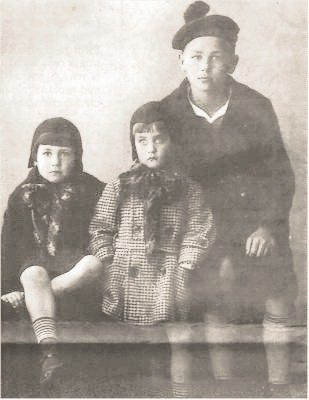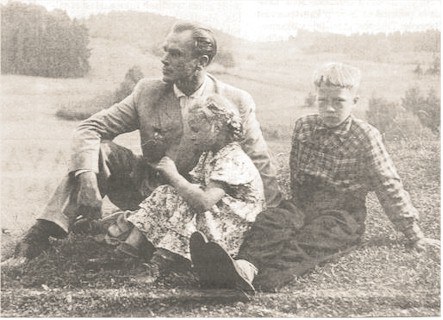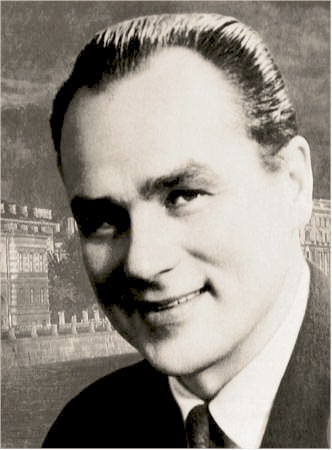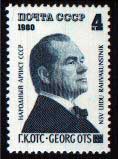Estonian baritone, 1920 - 1975
Biographical notes: He was born on March 21, 1920 in Petrograd (Leningrad, St. Petersburg). His father was the very
renowned tenor Kaarel Ots. Georg obtained an engineering degree in 1941 and studied singing with the Estonian baritone Aleksander Arder in Yaroslawl where an Estonian cultural centre had
formed. In 1944 he auditioned for the conservatory of Talinn. Tiit Kuusik became his teacher. At the same time he was a member of the choir at the Estonian National Theatre in Talinn. His solo
opera debut was a tiny part in Eugene Onégin (1944). He soon became the most beloved and admired member of this opera house and sang with its company from 1951 until his untimely death
in 1975! He was invited regularly to Leningrad. He appeared in all the important opera houses of the Soviet Union and was particularly admired at the Bolshoi Theatre in Moscow. His repertory
included the following parts: Eugene Onégin, Yeletzky, Escamillo, Renato, Don Giovanni, Papageno, Rigoletto, Jago, Porgy, Figaro in Le Nozze di Figaro and the title role in Kabalevsky’s
Colas Breugnon. His most famous role with which he was almost identified was the title role in Rubinstein’s The Demon. Estonia is the home of many excellent composers/musicians and it was
Ots (among other artists) who established their fame. The admiration for Ots culminated with the movie “Mr X”, based on Imre Kalman’s operetta Die Zirkusprinzessin, which was released by
Lenfilm studio. His voice could now be heard on radio and TV all over the country, his records were sold out almost immediately. He was not only a devoted interpreter of Estonian Folk Songs
but also of songs by Schubert, Mussorgsky, Tchaikovsky and several modern Russian composers. He also appeared in the United States and some European countries, but as we know from Galina
Vishnevskaya, it was extremely difficult for a Soviet artist to travel abroad. Georg Ots received the title “People’s Artist of the USSR.” The popularity of this singer and idol of a wide audience
was immense, which is why there are only a few singers who can bear comparison with him. One of his greatest achievements Demon in Rubinstein’s masterpiece
As Escamillo
As Papageno
The young Georg Ots as Onegin
Georg with his sisters Tamara and Maret
With his children in 1964 Comment:
Georg Ots is one of the few well-schooled Soviet singers after Worldwar II. In my opinion, there was only one baritone who was his equal, the great Armenian Pavel Lisitsian. I do not want to leave unmentioned the Romanian baritone Nicolae Herlea. These three singers set a standard in
their vocal category during the 1950/60s . Ots voice was of a smooth, warm and vibrant quality. He was able to render meaning and add rich
vocal nuances to each musical phrase, his breathing technique was exemplary and his clear diction and fine phrasing added an extra quality to his art. He interpreted music with extreme
refinement and was at home in every style of music. His many recordings made him to a legendary singer and to Estonia’s national hero. Eesti Raadio
has released a magnificent anthology (details above) which I can warmly recommend.
My warmest thanks to Victor Han, Kalju Kirde and Rein A. Zondergeld
|
|||||||||||||||||||||||||||
